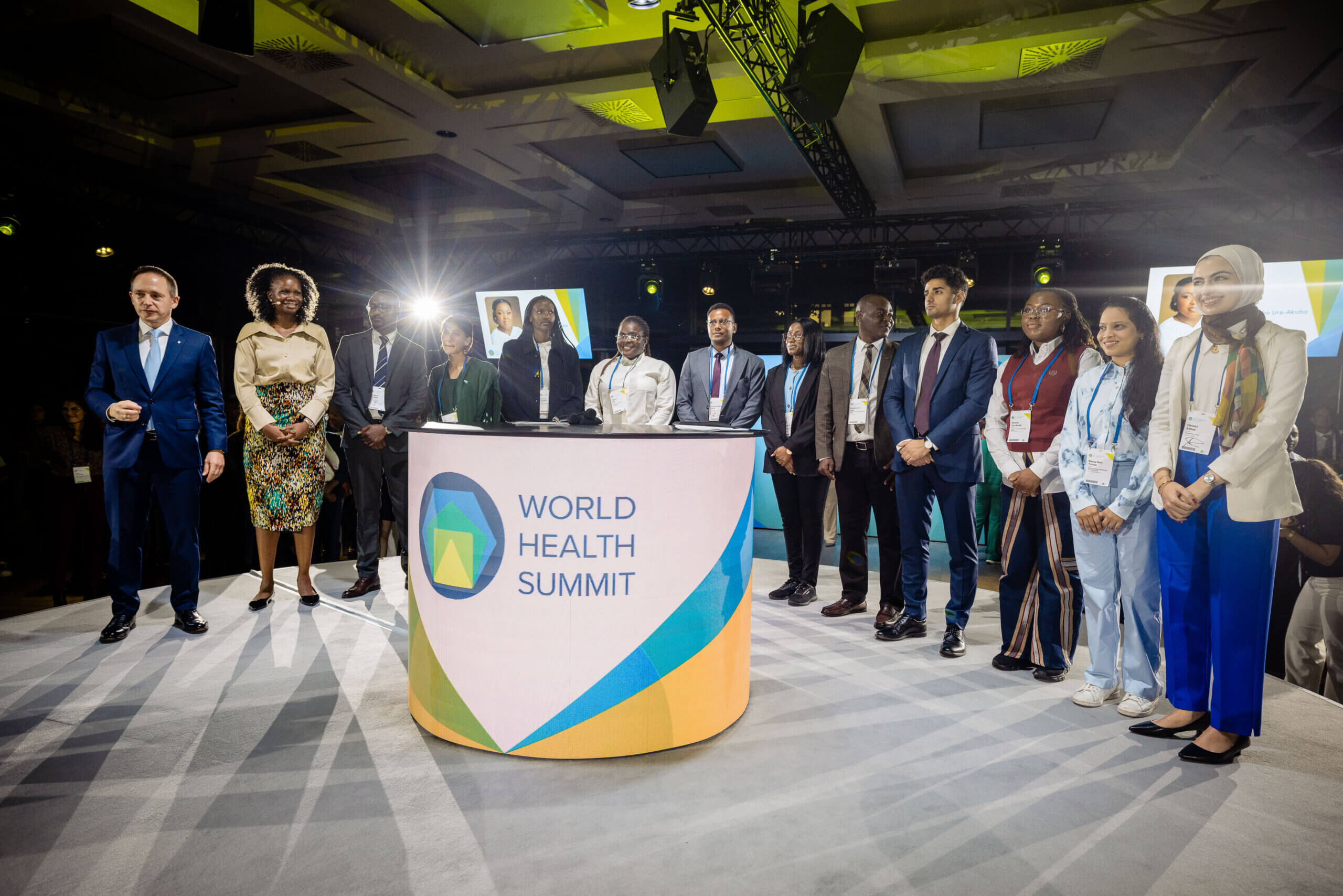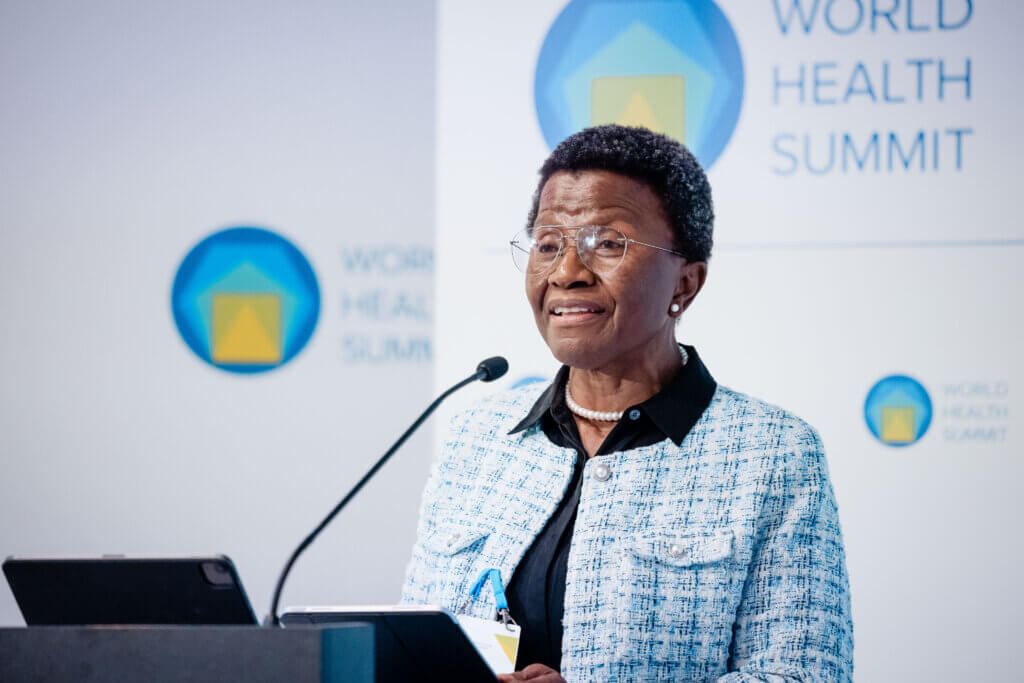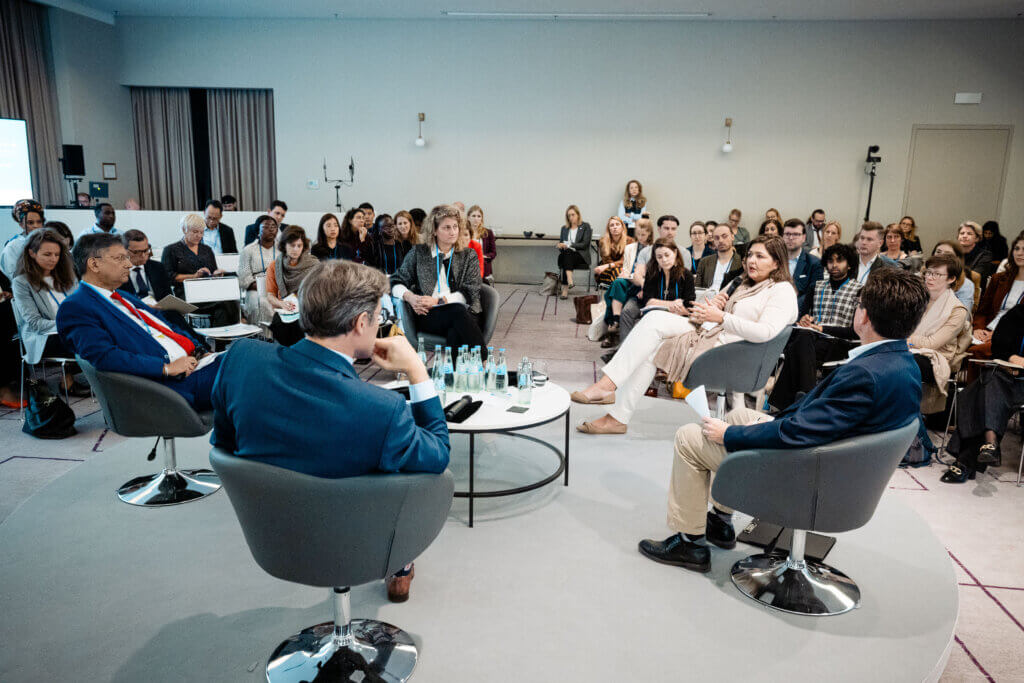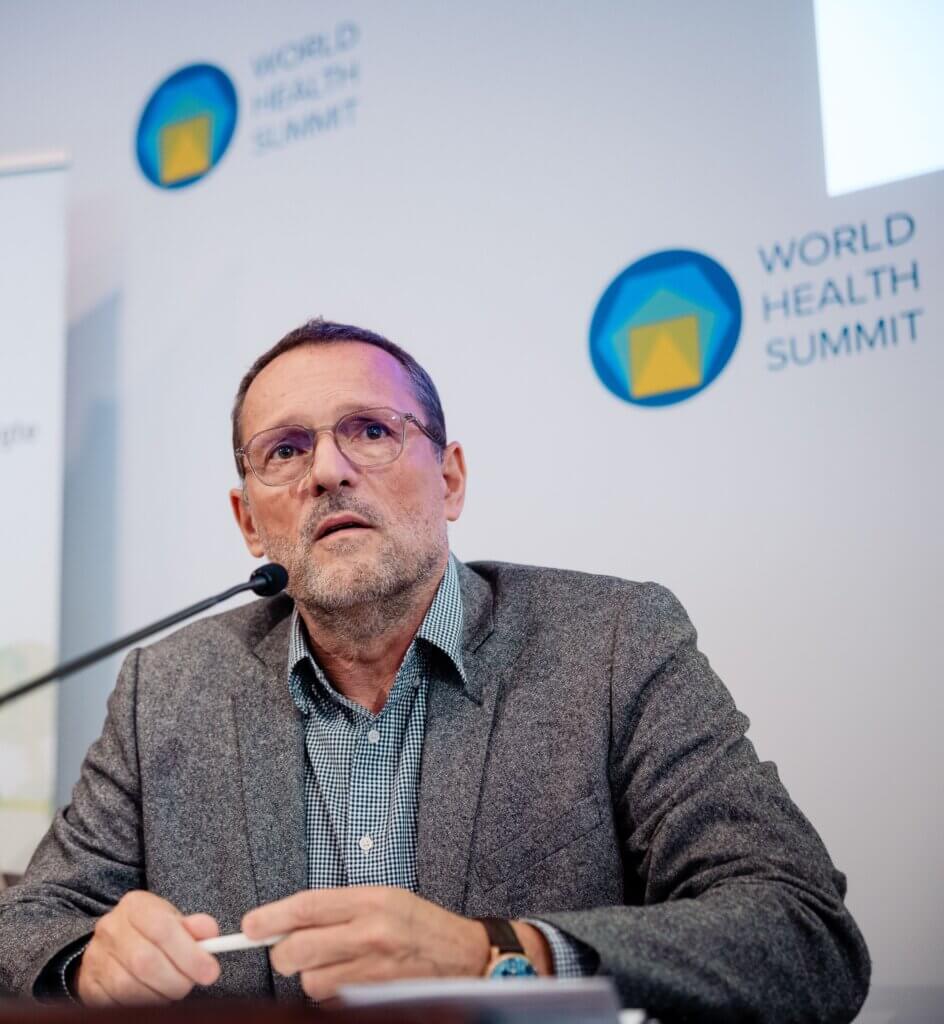World Health Summit 2025: a plea for greater collaboration and solidarity


Between 12 and 14 October, Berlin hosted a major global health event, the World Health Summit, attended by over 4,000 participants in the German capital.
The Summit brought together leaders and changemakers from politics, science, the private sector, and civil society, coming to explore pressing global health challenges and devise solutions to address them. This edition’s theme was ‘Taking Responsibility for Health in a Fragmenting World’, reflecting a climate marked by a decline in international cooperation due to moderate global growth and national budget constraints.

The conference also emphasized the widening of health inequities and the rising burden of NCDs (non-communicable diseases), which now account for nearly two-thirds of the world’s total mortality and morbidity – led by ischemic heart disease, stroke, and diabetes.
The latest Global Burden of Disease (GBD) 2023 study, launched at the event, indicates global mortality rates are falling but not among youths and young adults.
The latest on the fight against malaria and NTDs

Malaria and neglected tropical diseases were also on the agenda. At Tech Transfers for Medicines and Vaccines session, Farrah Losper from the African Vaccine Manufacturing Initiative (AVMI) and Rajinder Suri, CEO of the Developing Countries Vaccine Manufacturers Network International (DCVMN), reiterated the need to reduce Africa’s reliance on imported vaccines (99% of supplies) and medicines (over 70% of medicines), making them expensive and prone to shortage.
In the discussion on The Future of Combatting Neglected Tropical Diseases, Laurent Fraisse from Drugs for Neglected Diseases Initiative (DNDi) presented the current landscape of R&D for NTDs, deepely hampered by limited funding, a rapidly changing global health environment, gaps in scientific knowledge and data which make it difficult to exploit technological innovations such as artificial intelligence.
In the “Malaria and Global Health Security” session, panellists called for sustained partnerships especially between the public and private sector, as well as the development of local scientific and research excellence.

“Malaria is not only a global health challenge, but also a financial challenge. We need to overcome institutional barriers to address both challenges”
Joy Phumaphi, Executive Secretary, African Leaders Malaria Alliance (ALMA)
Germany announced also a pledge of €1 Billion to the Global Fund to Fight AIDS, Tuberculosis and Malaria during the summit, an announcement welcomed by civil society organisations and the malaria community, including Target Malaria.
“Germany’s latest contribution sends a powerful signal of global solidarity and sets a strong foundation as we move toward the final pledges at our Eighth Replenishment Summit.”
Peter Sands, Executive Director of the Global Fund
